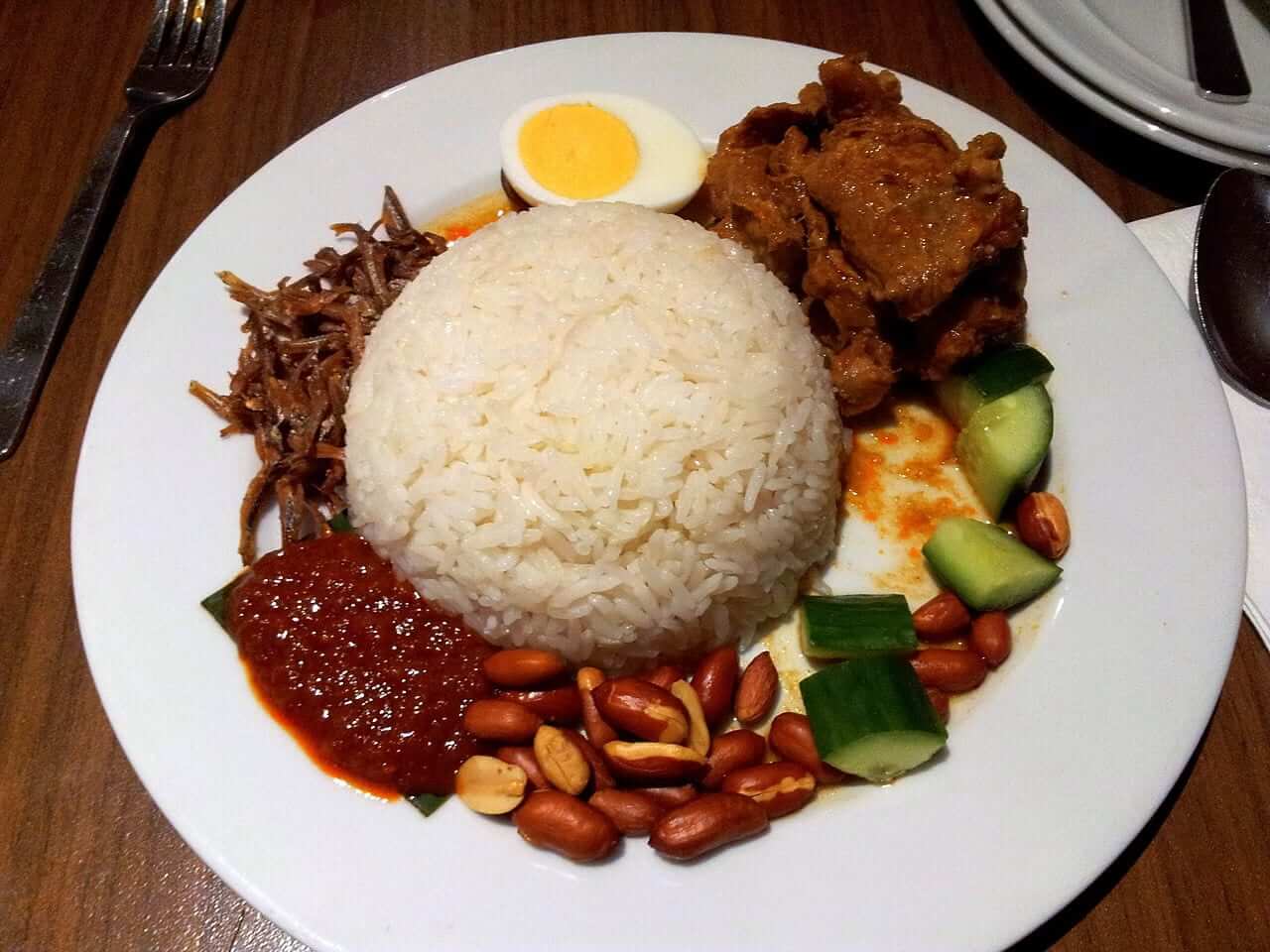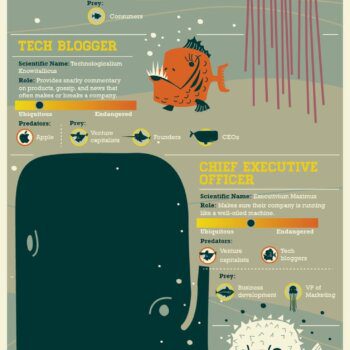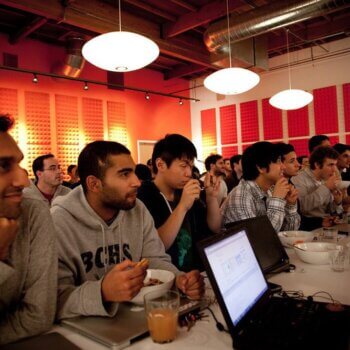Dutch start-up Saleduck recently opened an office in Malaysia and launched their online deal platform in Malaysia and Singapore. Commercial Manager, Rosanne Hortensius shares with The Asian Entrepreneur what she learnt about starting a business in Malaysia.
“We encountered many differences between starting up, and having, a business in the Netherlands and Malaysia. We discovered a lot of small (cultural) dissimilarities, like for example Friday being an important day for Islam people in Malaysia and Malaysian buildings missing a fourth floor as number four is considered the unlucky number. We also came across more important lessons that we will share with you.”
1. Malaysian English
Even though Malaysian English originates from British English, it is really not the same language. Malaysians use different grammer rules when writing and are prone to leave out determiners. Also “he carry” instead of “he carries” would be considered okay. In the beginning we thought we needed to revise English texts that were written by our Malaysian employees so it would be what we considered “correct” English. Now we realise Malaysian English is just its own language and we should leave it as it is.
2. Language allowance
In Europe we are not familiar with the so called language allowance that employees in Malaysia get when they speak a foreign language that is needed for the job. At first we thought the expected salary that people who speak a foreign language ask for was higher than what we had in mind, until we heard it was actually normal to get extra compensation for the fact that you speak a foreign language.
3. Resumes
We received an overwhelming amount of applications for our open job positions. A lot of them seemed really impressive at first. As an online discount portal, working with e-commerce channels sounded really promising to us when we read this in applicants resumes. When interviewing these applicants we found that working with e-commerce channels means quite something else in Europe than it does in Asia. In Europe we mean that you are familiar with for example e-mail marketing, affiliate marketing, social media advertising, retargeting etc, in Malaysia it can also mean that you answer customer queries through different channels, like social media, e-mail and online chat. Having “executive” in your job title could mean you have a really high position in Europe, while in Asia an executive is usually someone who performs operational tasks.
4. Business stamp
As a company in Europe, you can totally do without a company stamp if you don’t have one. In Asia, an stamp is required on most official papers like contracts. Having a document stamped with your company stamp brings more trust.
5. Business cards
While we use business cards in Europe, they are way more important in Malaysia. In the beginning we didn’t always think to bring our business cards to a meeting. Also the way of handing over your business card and how to receive one is quite different than what we were used to. It is really polite in Asia to hand over or accept a business card with both hands. Once you have a business card in your hand, you don’t just put it away like in Europe, but you have a good look at is and put it away carefully to show respect.
6. Many official holiday days
In the Netherlands we have some official holidays, but in Malaysia there are way more.
7. Hard copies
Registering for a company can be done within a day in the Netherlands and you can do most of the process online. We found that not everything can be arranged online in Malaysia and you will need hard copies a lot of times. Funny to us was that even for registrering for internet, the application process involved hard copies and phone calls.
8. Small talk
We really like the food in Malaysia, and we found we are not the only ones. Malaysians love their food and are not shy talking about it. In Europe small talk is known to be about the weather, in Malaysia you can break the ice talking about Tosai or Nasi Lemak.
9. Online shopping
Online shopping is so common in Europe that most people are not even worried about online payments and delivery. In Malaysia a lot of people are hesitating to buy online as they don’t always trust online payments and they are afraid their package won’t arrive. That is why a lot of webshops in Malaysia offer payment on delivery, which does not really exist in Europe.
10. Traffic
Public transportation is really good in the Netherlands and also a lot of people go to work on their bicycles. We were not familiar with enormous traffic jams like in Kuala Lumpur and the fact that therefore it is really important for employees to have flexible working hours so they can avoid rush hour.
11. Build relationships first
While in The Netherlands it helps to build up a good relationship with someone, it is not alway necessary to do business. In Malaysia it pays off to invest in a relationship first before doing business together.





























